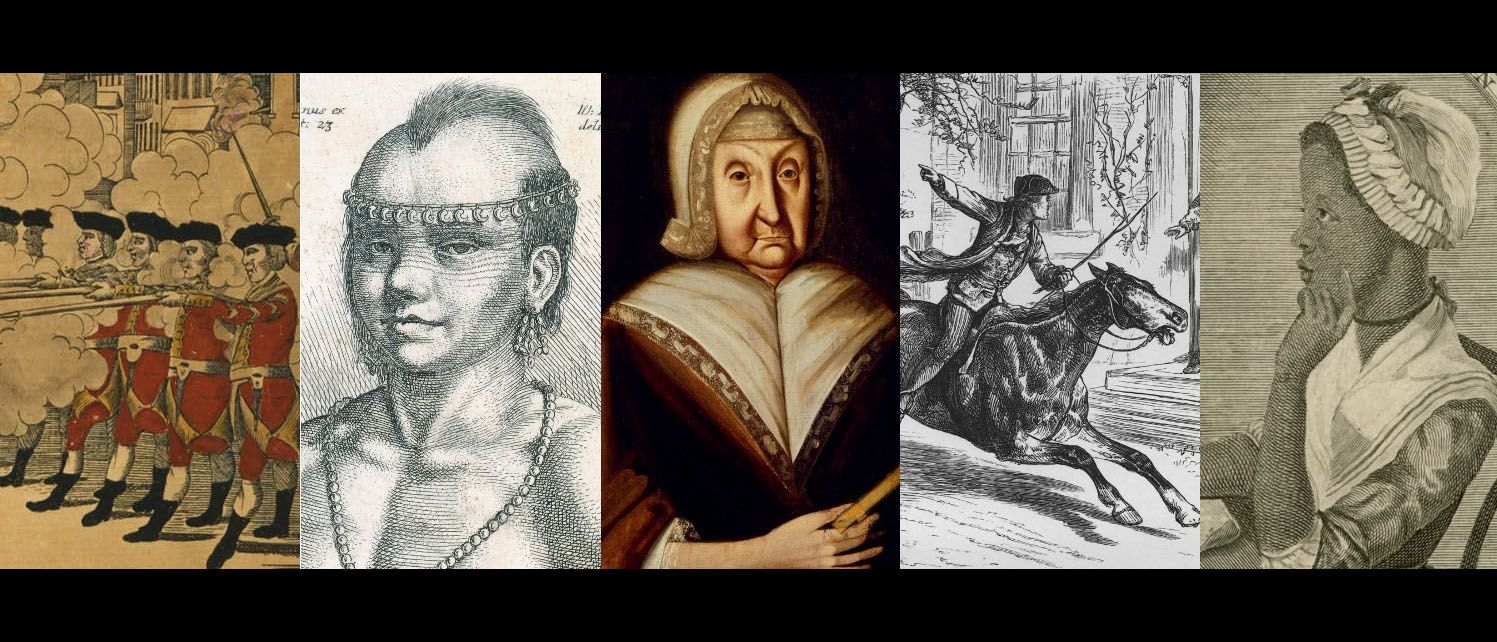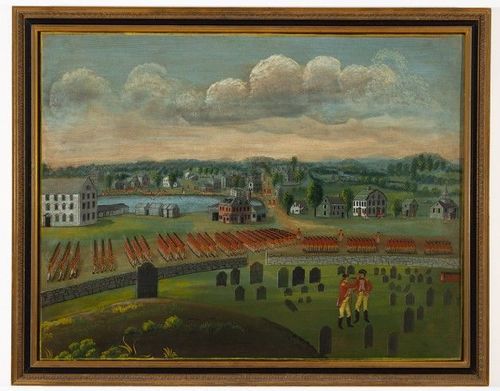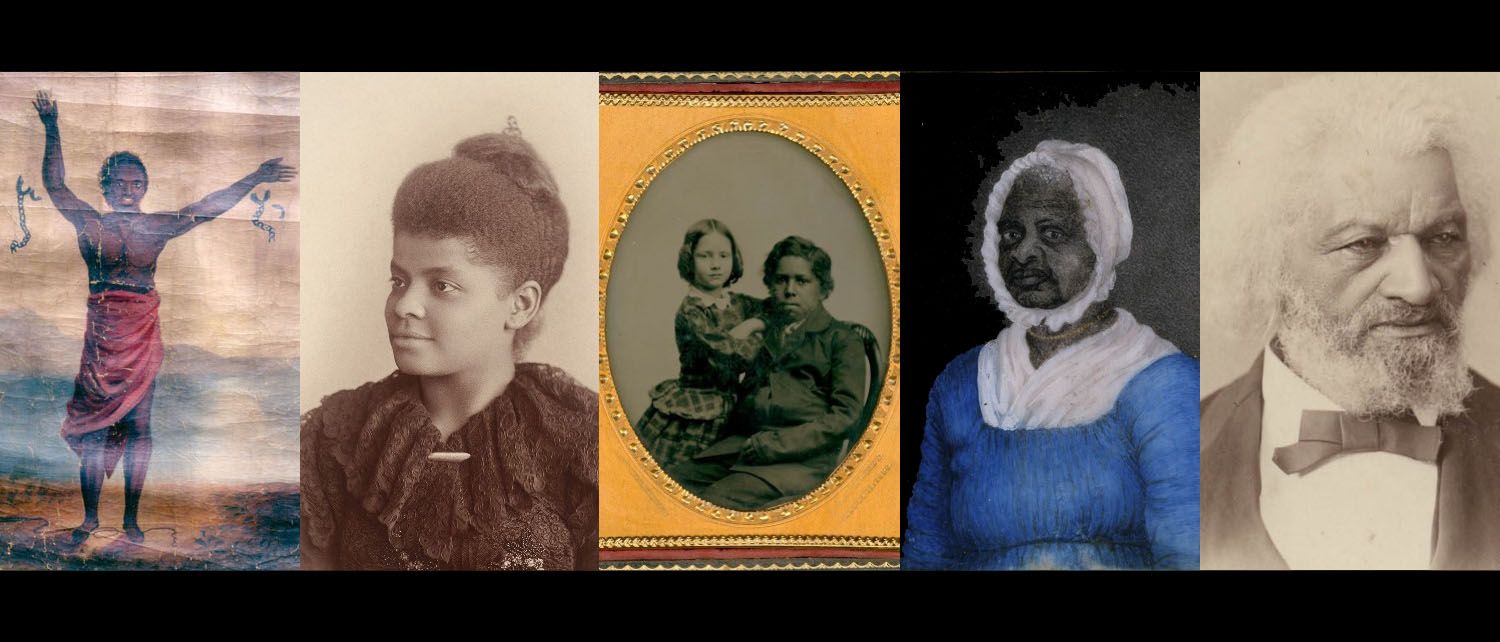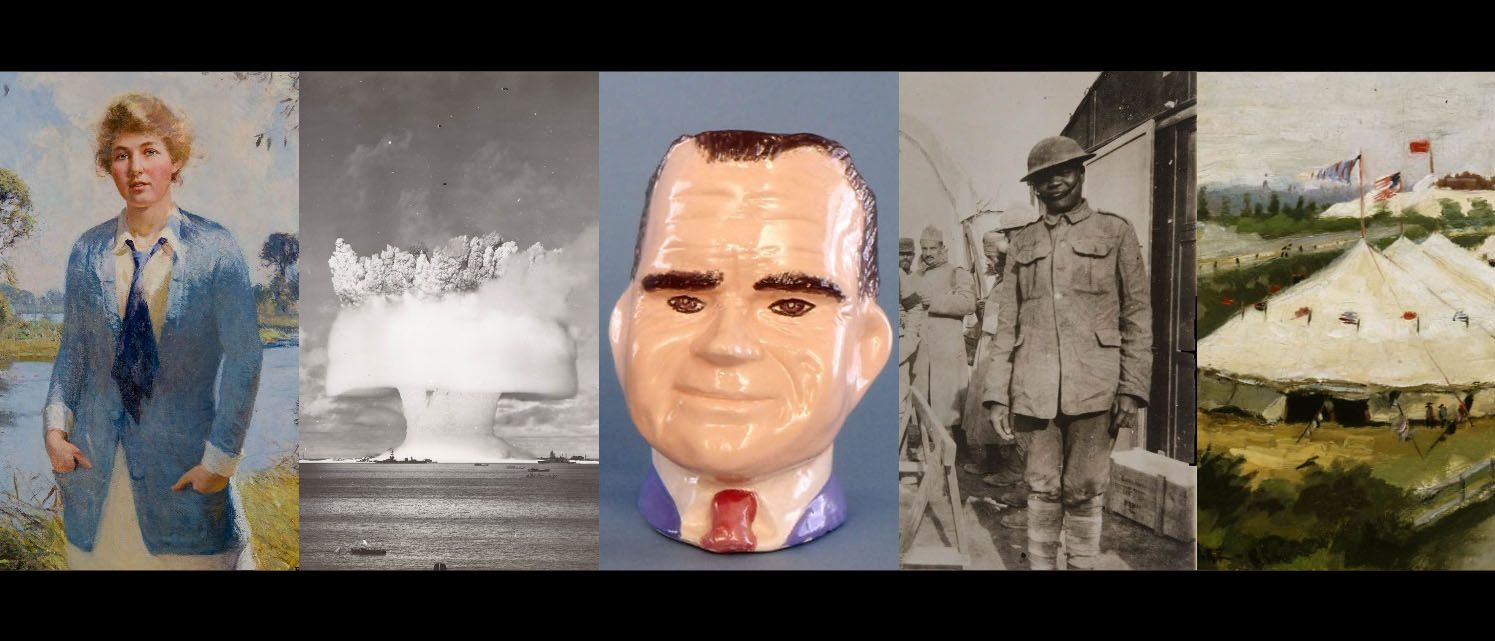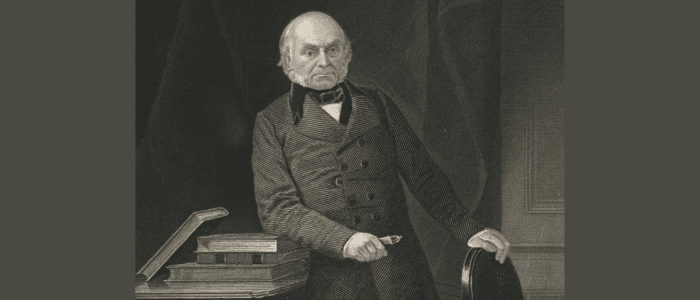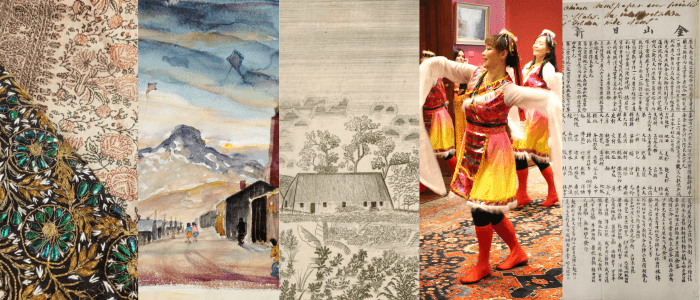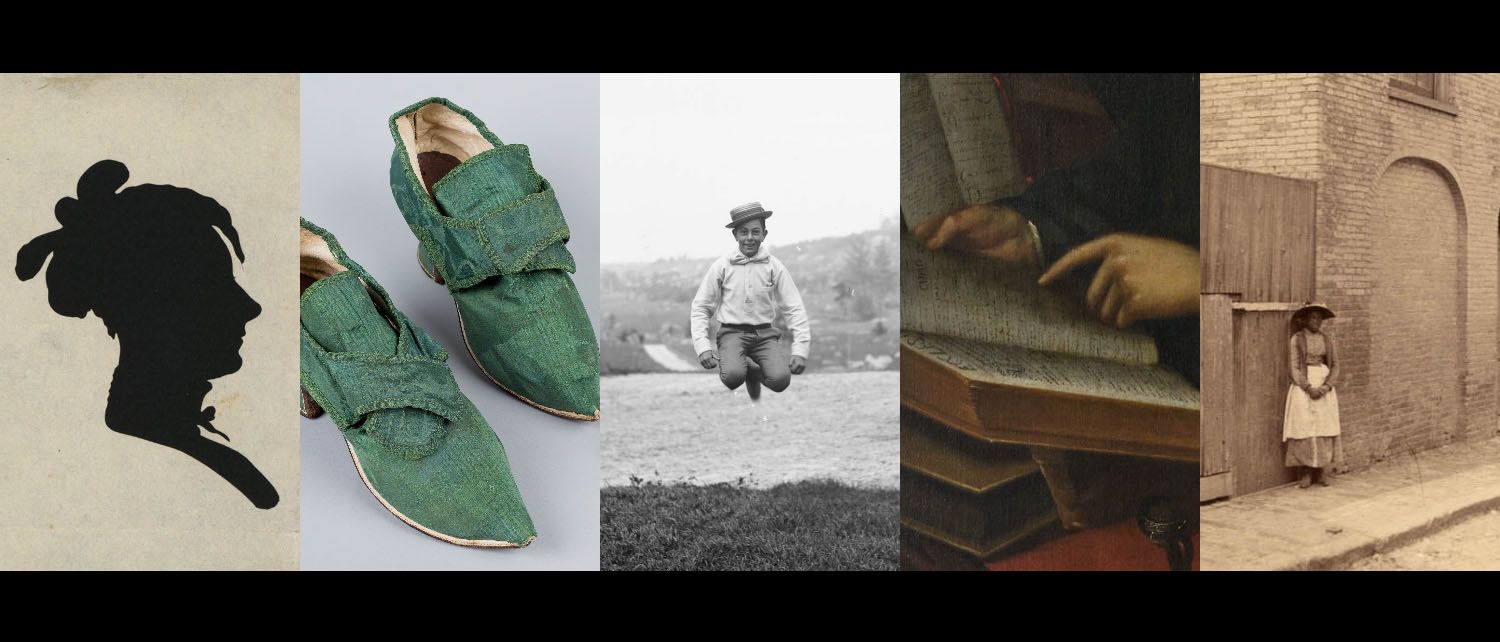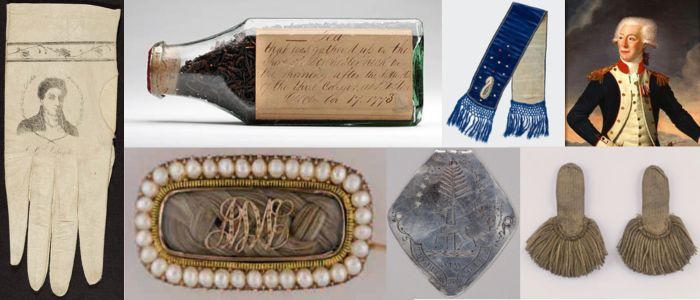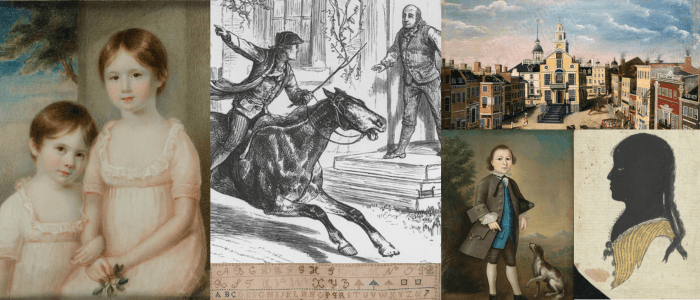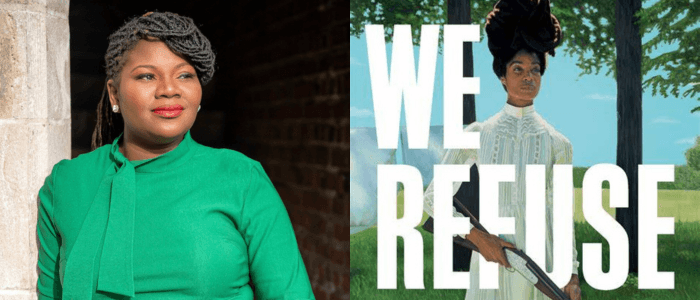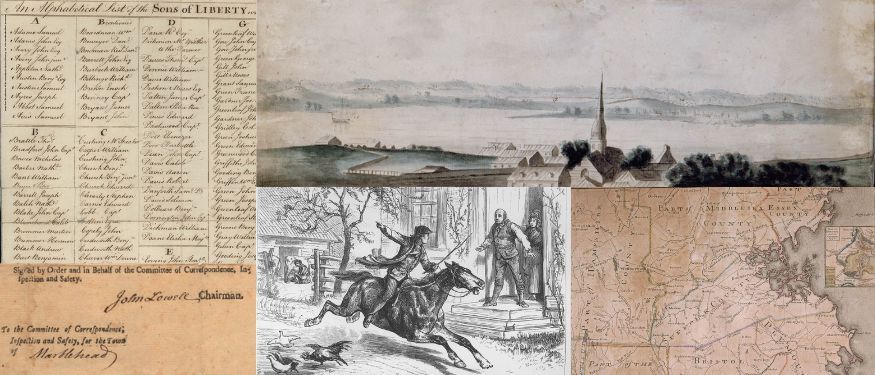Event
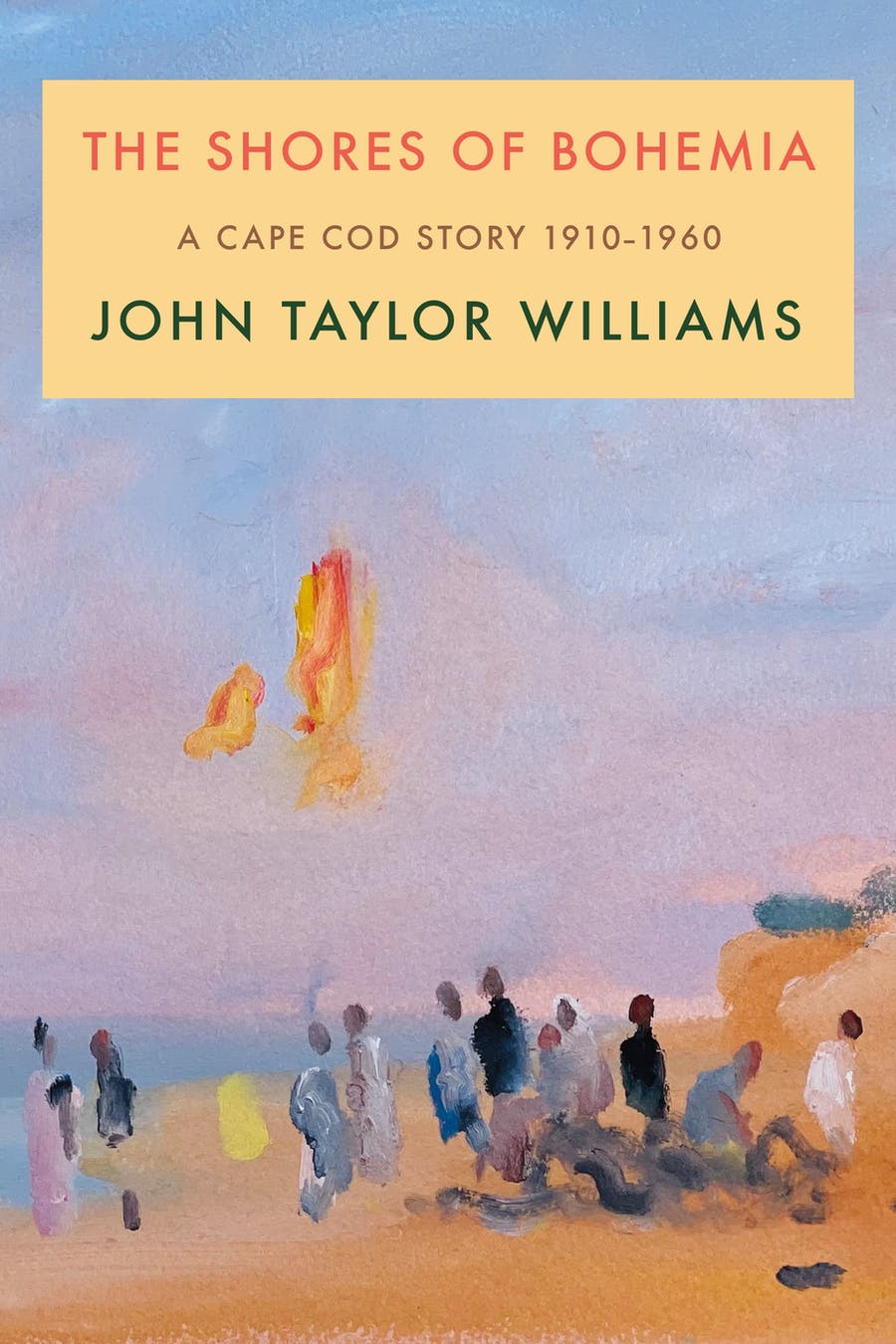
The Shores of Bohemia
John Taylor Williams
This is a hybrid event. The in-person reception will begin at 5:30. Register for how you plan to attend below.
In person, $10 per person fee, no charge for virtual, MHS Members or EBT Cardholders.
Their names are iconic: Eugene O’Neill, Willem de Kooning, Josef and Annie Albers, Emma Goldman, Mary McCarthy, Edward Hopper, Walter Gropius—and the list goes on and on. Scorning the devastation that industrialization had wrought on the nation’s economy and culture in the early decades of the twentieth century, they gathered in the streets of Greenwich Village and on the beachfronts of Cape Cod. They began as progressives but soon turned to socialism, then communism. They founded theaters, periodicals, and art schools. The Shores of Bohemia records a great set of shifts in American culture, of ideas and arguments fueled by drink, infidelity, and competition that made for a fifty-year conversation among intellectual leaders and creative revolutionaries, who found a community as they created some of the great works of the American century.
Hybrid Event
The program will begin at 6:00.
Masks are now required inside the MHS building. Learn more about our COVID-19 protocols.
The virtual program begins at 6:00 PM and will be hosted on the video conference platform, Zoom. Registrants will receive a confirmation message with attendance information.
